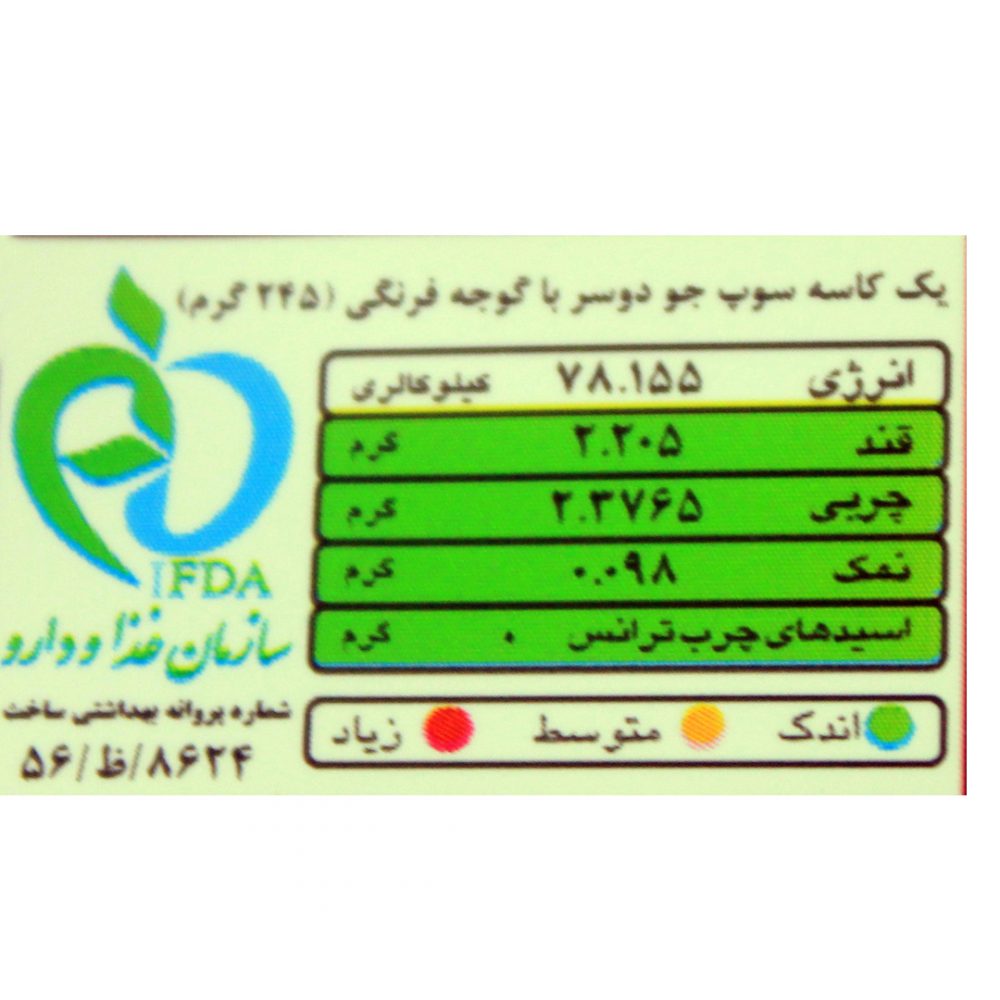Due diligence is a crucial process of compliance that acts as a deterrent against financial crimes such as money laundering and terrorist financing. Due diligence requirements are expanding and it is crucial to create strategies that are adapted to the unique dynamics of each location while ensuring the global standard of best practices.
Due diligence can seem like an exhausting and time-consuming job but it’s an essential part of doing business. This process is usually divided into two major areas: the purchase or sale of services or goods, and mergers and acquisitions. In both instances due diligence is conducted to ensure that companies have all the necessary information prior to committing to a transaction.
To do this, companies must investigate the background, reputation and affiliations of potential third-party companies. This may include a study of results from internet searches, questionnaires and verification through independent sources like watch lists and business registry databases. An in-depth analysis of the structure of management is also crucial. It is crucial to know the ownership percentages of senior executives and founders. It is also worth determining whether these individuals have ever sold shares in the past.
KYC/Know Your Customer checks are more thorough for customers with high risk as required by anti-money laundering laws and counter-terrorism finance regulations. This is usually dependent on factors like the jurisdiction in which they operate as well as the type of transactions they carry out and the source of funds for those transactions. Additionally an in-depth review of AML policies and local market reputation via media sources is a good method to further refine risk assessments.














